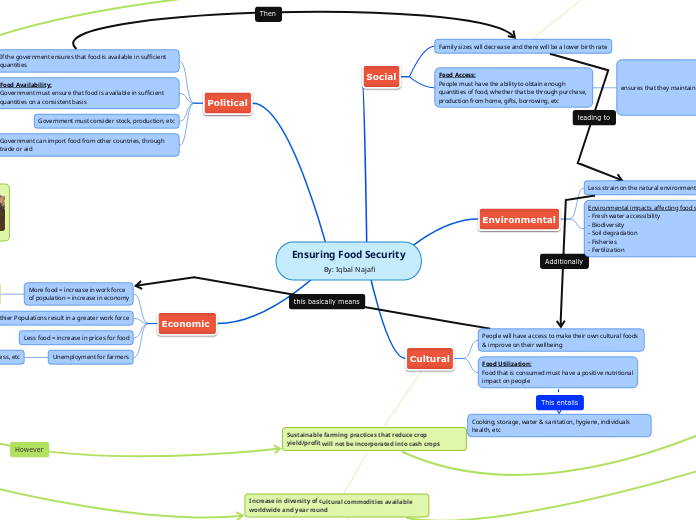作者:Najafi Iqbal 2 年以前
162
Ensuring Food Security By: Iqbal Najafi
Increasing food security is vital for economic growth, as a healthier population contributes to a stronger workforce, boosting the economy. Diverse strategies, such as cash crops, present mixed outcomes, including higher profits but potential farmer debt and unemployment.









